In the past, I have discussed my favorite cleansing foods. This list is a little more specific and focuses mainly on foods that can help cleanse your liver. In addition to taking a liver-cleansing supplement, and performing at least two liver and gallbladder cleanses per year, eating the following foods is the best way to keep your liver healthy and functioning the way you need it to. I would encourage you to incorporate these liver cleanse foods into your weekly diet.
1. Garlic

2. Grapefruit
High in both vitamin C and antioxidants, grapefruit increases the natural cleansing processes of the liver. A small glass of freshly-squeezed grapefruit juice will help boost production of the liver detoxification enzymes that help flush out carcinogens and other toxins.3. Beets and Carrots

4. Green Tea
This liver-loving beverage is full of plant antioxidants known as catechins, a compound known to assist liver function. Green tea is not only delicious, it’s also a great way to improve your overall diet. Learn more about the benefits of green tea.5. Leafy Green Vegetables

Try incorporating leafy greens such as bitter gourd, arugula, dandelion greens, spinach, mustard greens, and chicory into your diet. This will help increase the creation and flow of bile, the substance that removes waste from the organs and blood.
6. Avocados
This nutrient-dense super-food helps the body produce glutathione, a compound that is necessary for the liver to cleanse harmful toxins.7. Apples

8. Olive Oil
Cold-pressed organic oils such as olive, hemp and flax-seed are great for the liver, when used in moderation. They help the body by providing a lipid base that can suck up harmful toxins in the body. In this way, it takes some of the burden off the liver in terms of the toxic overload many of us suffer from.9. Whole Grains

10. Cruciferous Vegetables
Eating broccoli and cauliflower will increase the amount of glucosinolate in your system, adding to enzyme production in the liver. These natural enzymes help flush out carcinogens, and other toxins, out of our body which may significantly lower risks associated with cancer.11. Lemons & Limes

12. Walnuts
Holding high amounts of the amino acid arginine, walnuts aid the liver in detoxifying ammonia. Walnuts are also high in glutathione and omega-3 fatty acids, which support normal liver cleansing actions. Make sure you chew the nuts well (until they are liquefied) before swallowing.13. Cabbage
Much like broccoli and cauliflower, eating cabbage helps stimulate the activation of two crucial liver detoxifying enzymes that help flush out toxins. Try eating more kimchi, coleslaw, cabbage soup and sauerkraut.14. Turmeric
The liver’s favorite spice. Try adding some of this detoxifying goodness into your next lentil stew or veggie dish for an instant liver pick-me-up. Turmeric helps boost liver detox, by assisting enzymes that actively flush out dietary carcinogens.Tips For Doing a Liver Cleanse
Other liver cleanse foods not listed above include artichoke, asparagus, kale, and brussel sprouts. Eating the foods listed above is a great way to help keep your liver functioning properly. However, for best results, I recommend performing a liver cleanse. Performing a liver cleanse at least twice a year will eliminate any foreign substances that may be trapped in your liver.- Dr. Edward F. Group III, DC, ND, DACBN, DCBCN, DABFM
http://www.globalhealingcenter.com/natural-health/liver-cleanse-foods/





















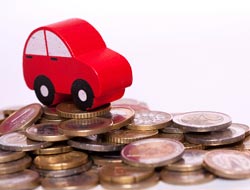


 "Smart shoppers who let timing work to their advantage have the
potential to save hundreds, sometimes even thousands of dollars," says
Brian Moody,
"Smart shoppers who let timing work to their advantage have the
potential to save hundreds, sometimes even thousands of dollars," says
Brian Moody, 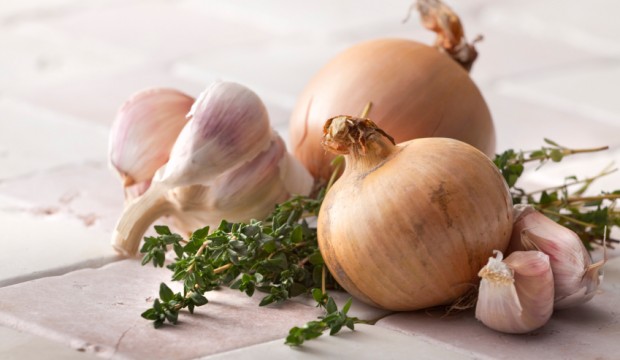
 1. Coconut Oil
1. Coconut Oil 2. Garlic
2. Garlic 3. Onions
3. Onions 4. Seaweed
4. Seaweed 5. Rutabaga
5. Rutabaga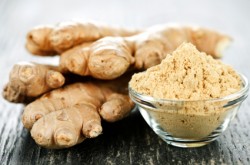 6. Ginger
6. Ginger 7. Olive Oil
7. Olive Oil 8. Lemon and Lime Juice
8. Lemon and Lime Juice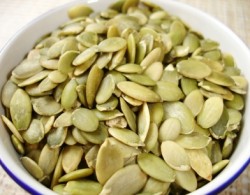 9. Pumpkin Seeds
9. Pumpkin Seeds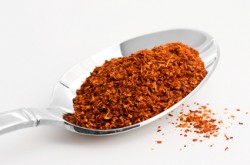 10. Cayenne Pepper
10. Cayenne Pepper